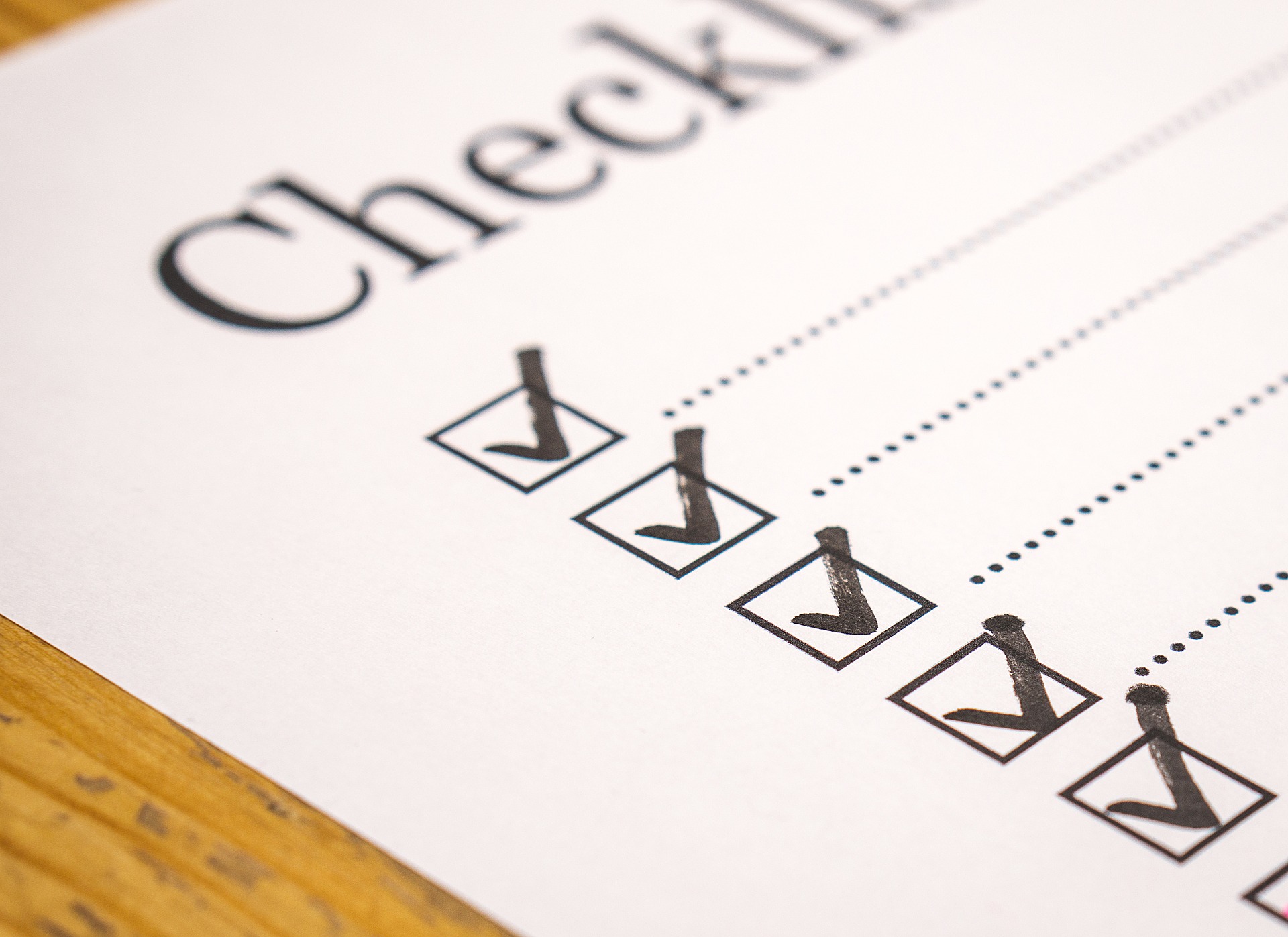

The Time Is Now to Take Your Publishing Dreams to the Next Level
In the past several years I've had the pleasure of attending a couple conferences more than once (others I've attended only once). What I like so much about going to the same conference year after year is that I get to build relationships and face-to-name recognition with some of the return conferees. I get to see their progress. I get to hear wonderful updates. I also get to hear the same stories I heard the year before...

How to Shorten Your Nonfiction Book When You Feel You Couldn't Have Said Less
The standard word count on a typical nonfiction trade book is between 40,000 and 60,000 words. Have you written much more than this? Well, I have been known to take 100,000-word books and cut them down to 60,000 words without affecting the punch, author voice, or quality of information it contains. So let me help you meet your goal of writing a concise, well-developed nonfiction book that will keep your readers' interest and give them just the right amount of content they need to take what you have to offer and build on it themselves for their own lives.

How to Lengthen Your Nonfiction Book When You Feel Like You've SaidEverything
Are you working toward a word count and it seems like an impossible goal because you are running out of things to say? Well, let me help you. I have been known to take an author’s manuscript that was half the word count it was supposed to be and double it with these cool tricks that do not water down the content at all.

Who Are You Writing For?—Discovering Your Target Audience
Discovering your target audience is like the jelly part of a PB&J sandwich; the topic itself is totally the peanut butter. Those two elements need to be clearly defined before you put pen to paper. Many times when we discuss our writing projects, we verbally articulate who we are writing for, but when we take a closer look, sometimes it's hard to match whom we said we were writing for with the writing itself.

Book Proposal Checklist
Before you hit "send" on that query or proposal to that agent, editor, or publisher, you'll want to make sure you've dotted all your Is and crossed all your Ts. Here's a list that could help you get one step closer to your publishing dreams.

Media Law 101: What Writers Need to Know About Libel and Defamation
I am not a lawyer, but I do recommend that you work closely with one to help you sort out your individual concerns or issues. Your editor should also have an excellent working knowledge of media law and may be able to provide you with great advice and counsel. In this article, I define libel, defamation, right to privacy, and ways to protect yourself and the rights of those whose name or likeness you use in your book.

Organizing Your How-to or Self-Help Book for Maximum Impact
While there is an overwhelming amount of unsalable personal testimonies or memoirs, the author submitting this kind of book could easily remedy that problem by revising their book and forming it into a how-to or self-help book based on principles they learned by overcoming the difficulties in their life.
